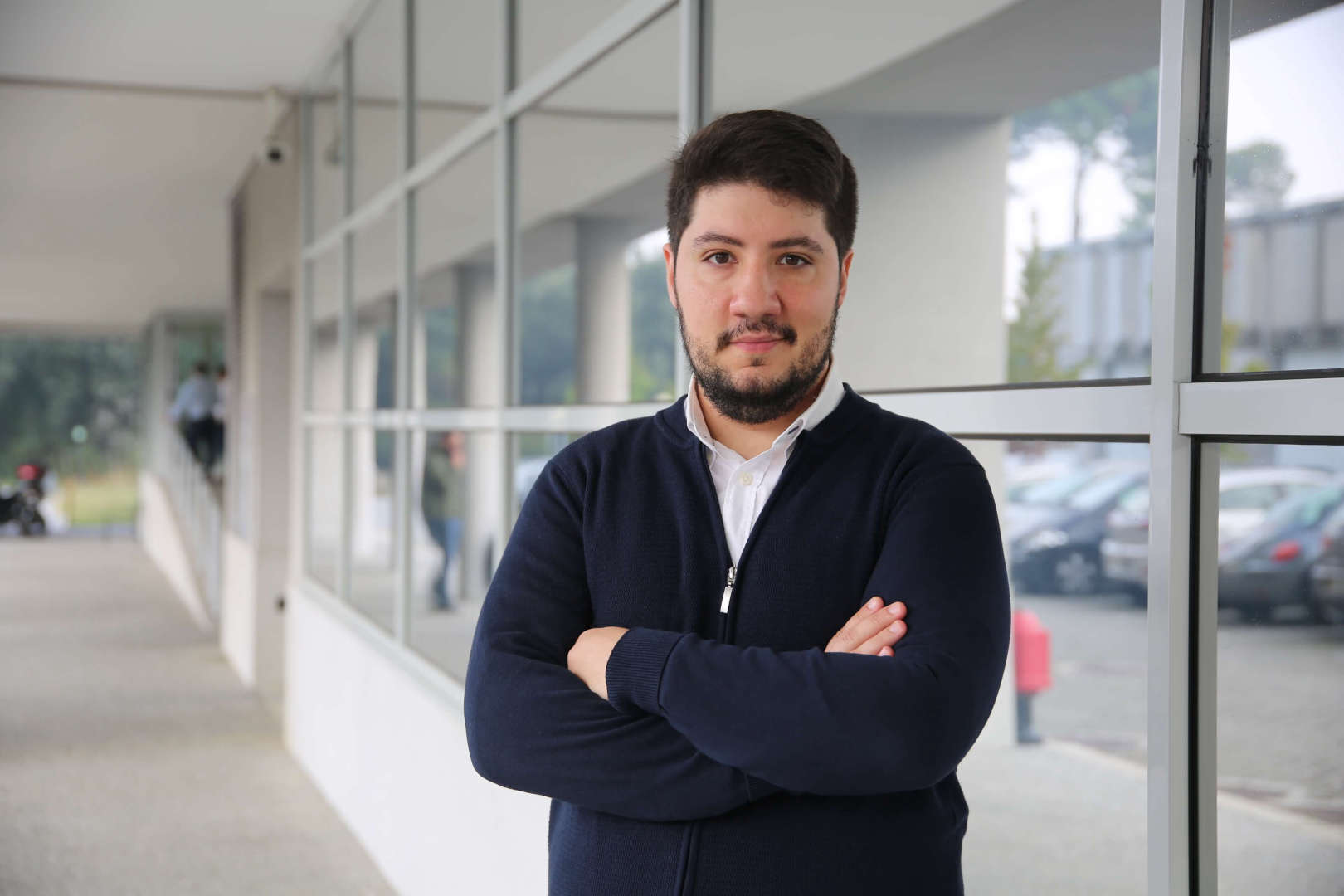About
Ricardo Silva was born in 1988 in Porto. He acquired his Integrated Master's Degree in Electrical and Computer Engineering at the Faculty of Engineering of the University of Porto (FEUP) in 2018, having previously acquired a Master's Degree in Biology at the Faculty of Sciences of the University of Porto (FCUP) in 2011.
He is currently a researcher at INESC TEC since 2018 at the Center for Power and Energy Systems. His work has focused mainly on the optimized management of microgrids, hybrid parks and more recently renewable energy communities, complemented with innovative approaches to the modeling of storage systems and other flexible resources. He has participated in several projects, national and international, focused on those same topics, including the FLEXERGY project, InterConnect, Baterias2030, SmartGlow and DigitalCER, among others.
He has published, in the area and as of 2023, 3 articles in international journals and 8 papers in international conferences.




